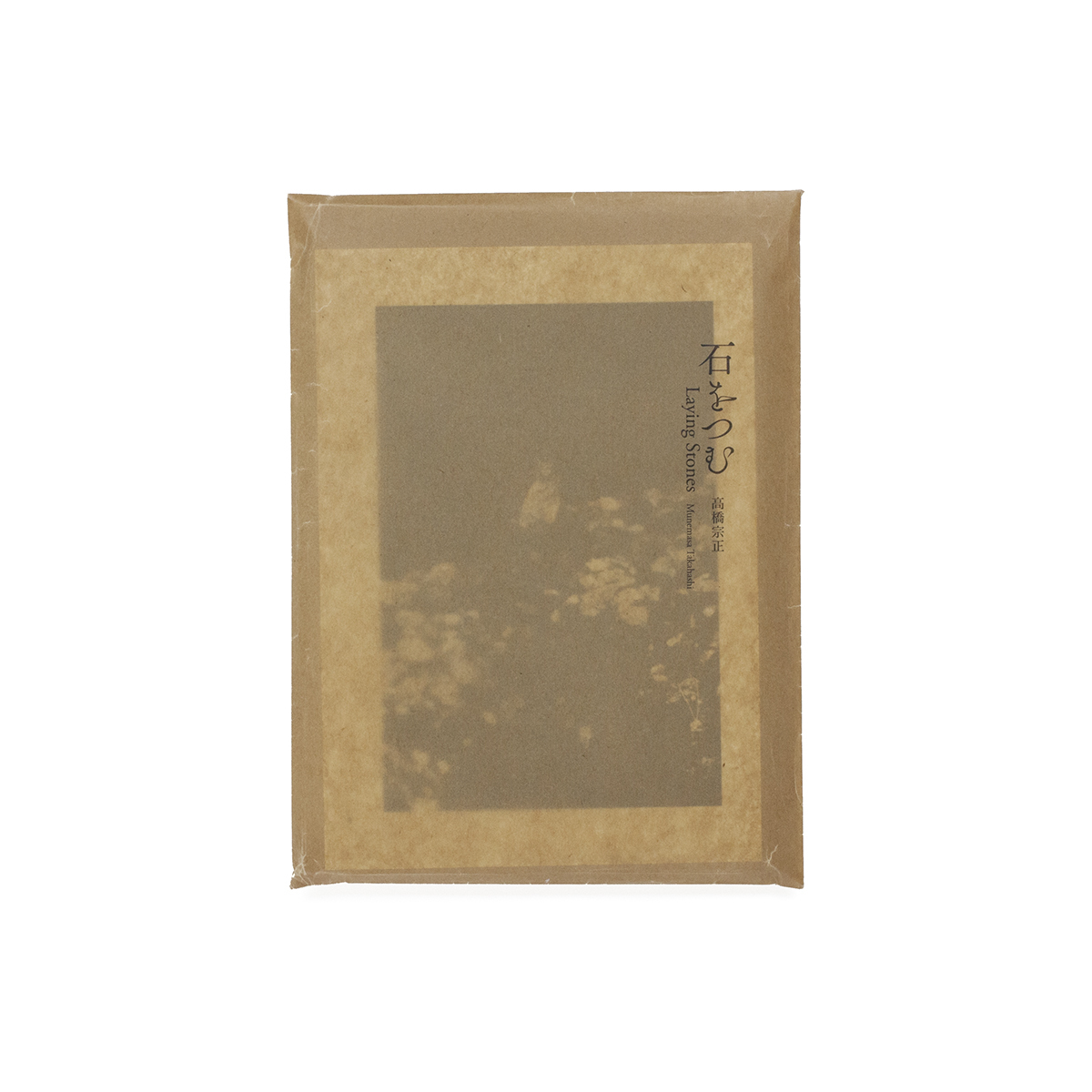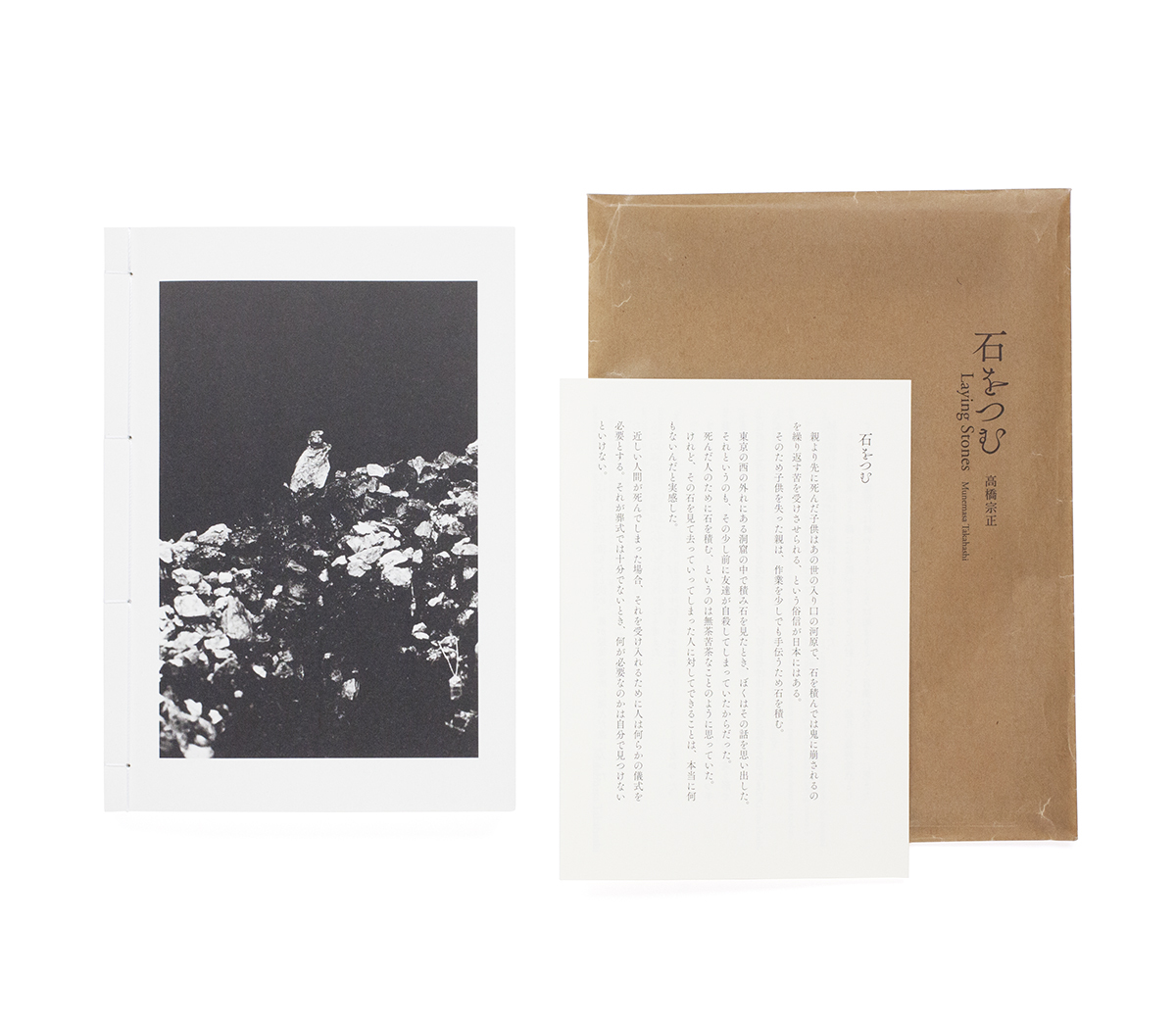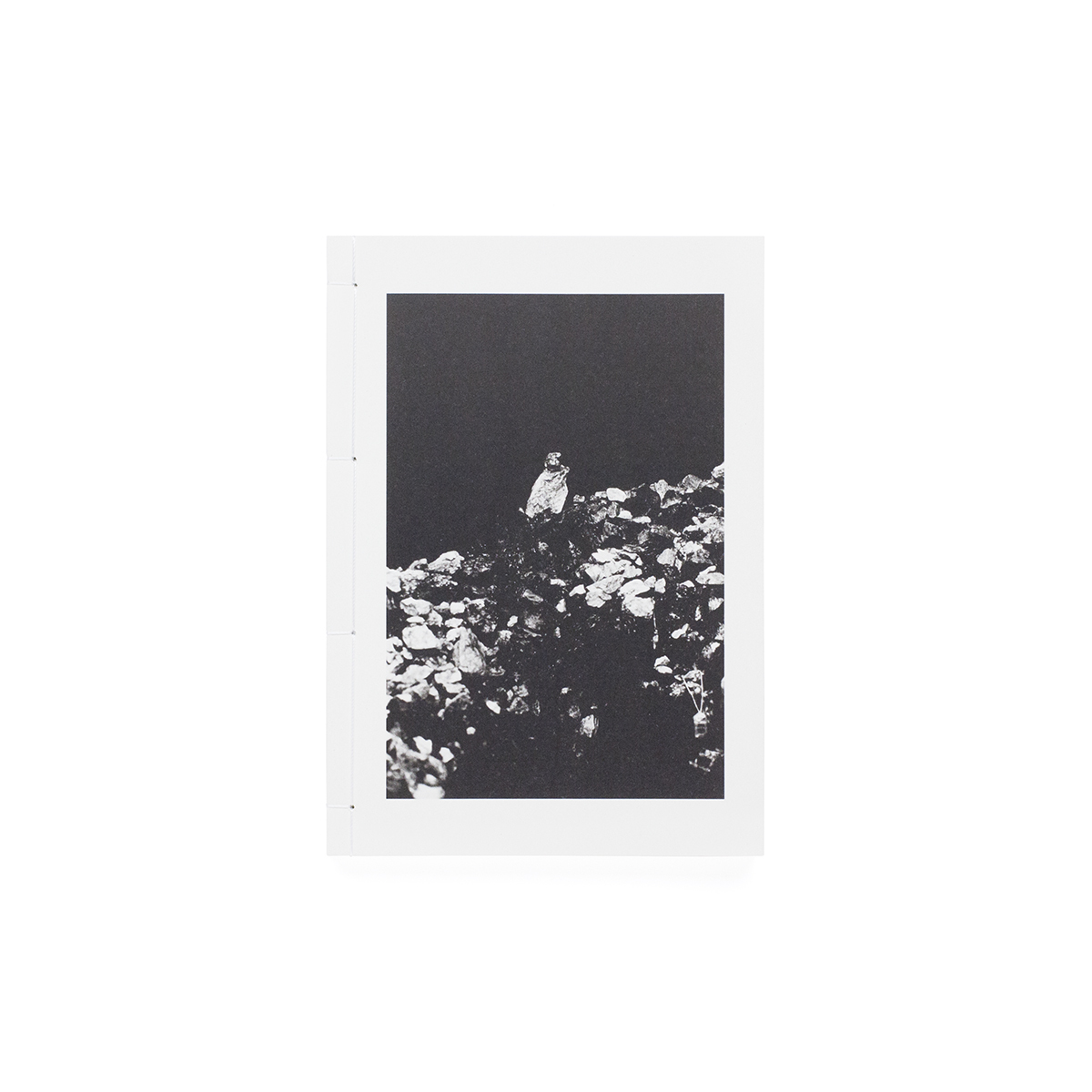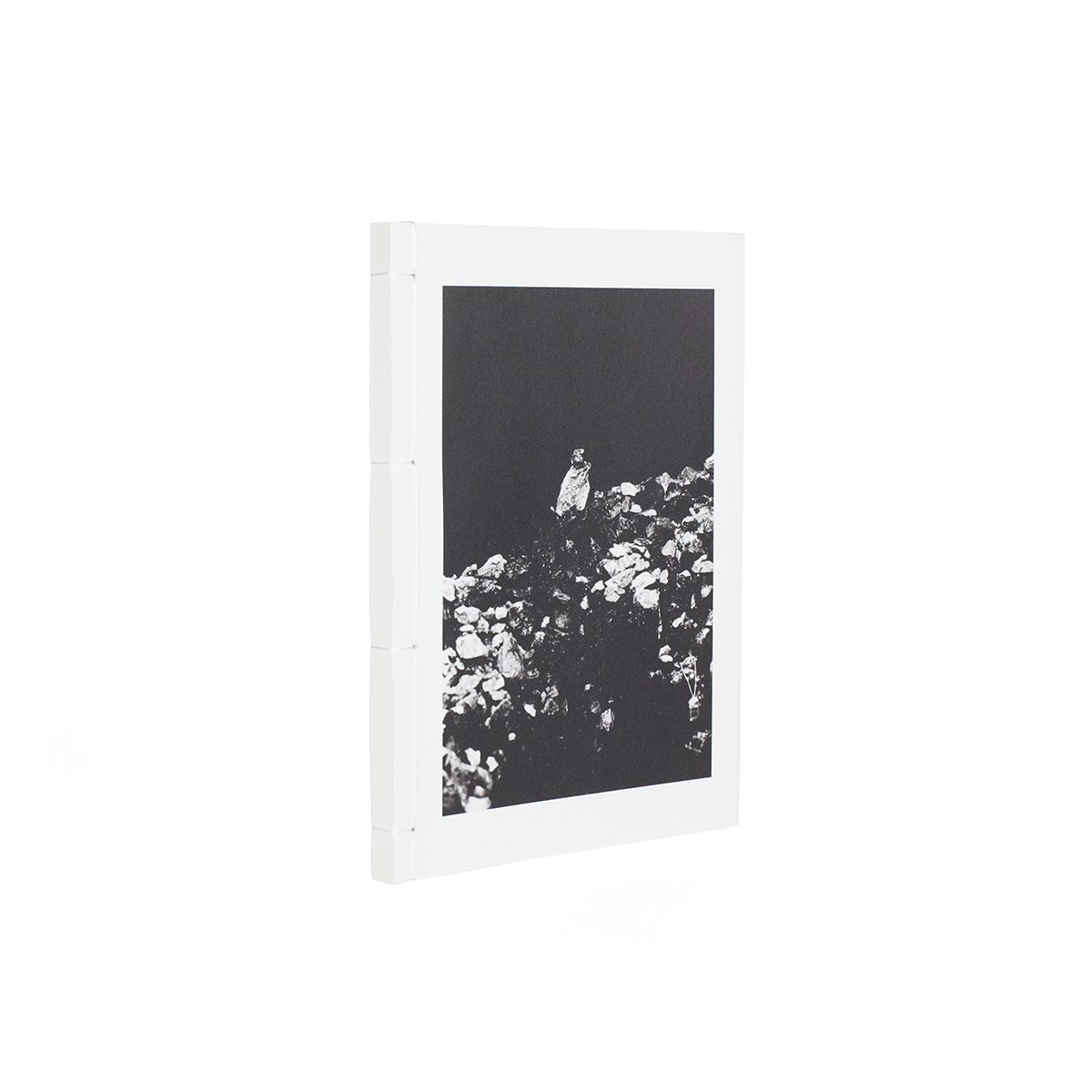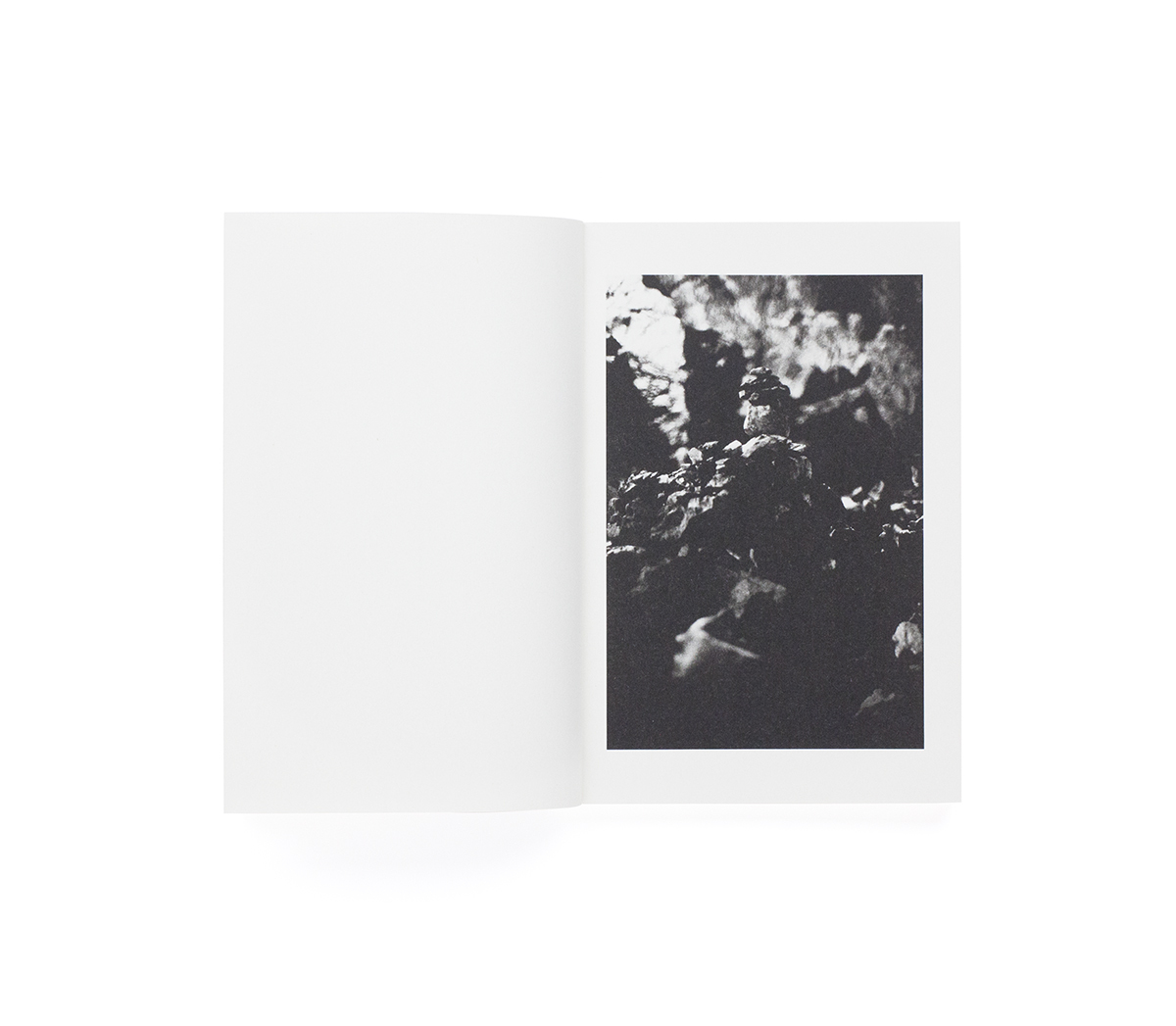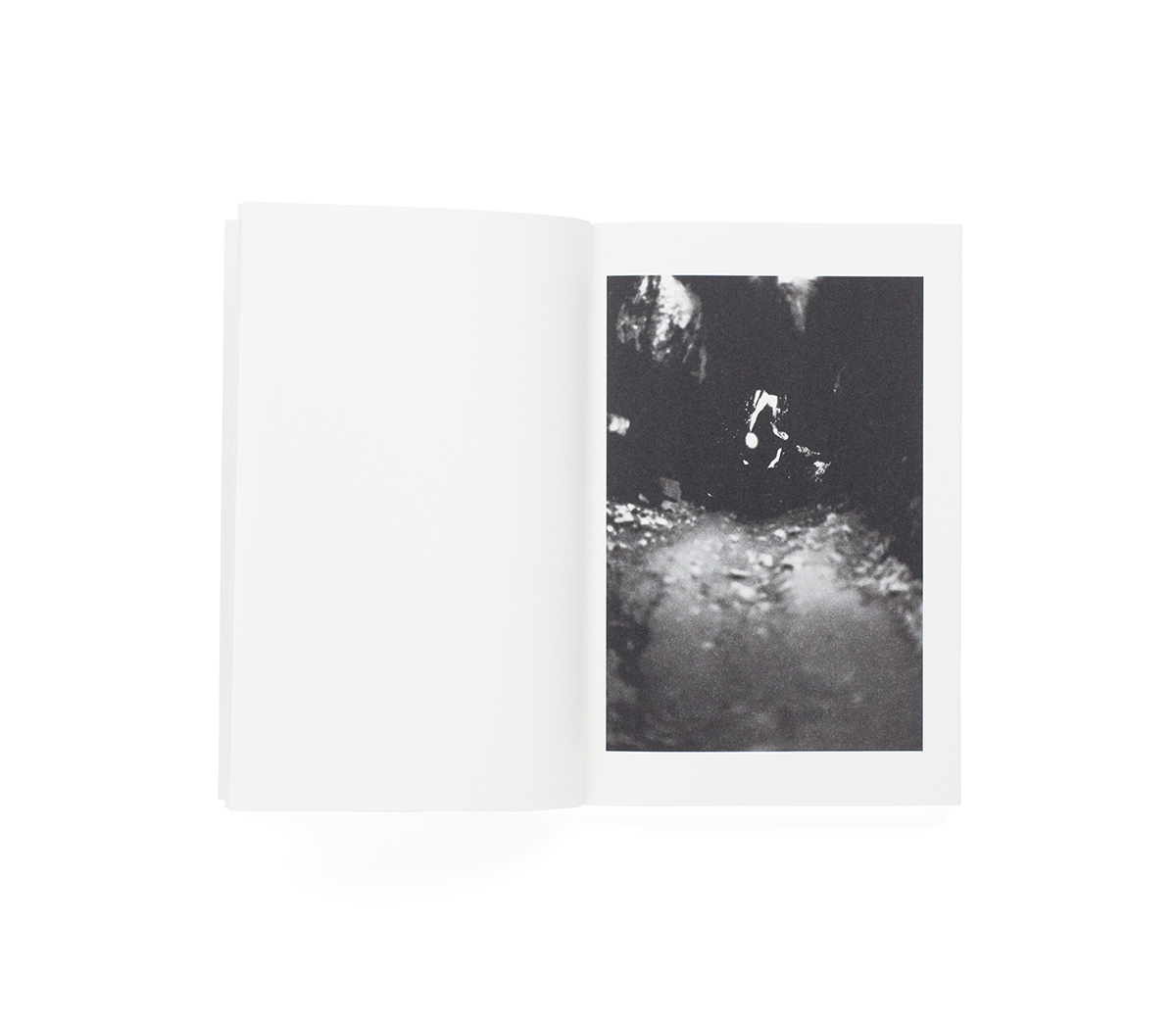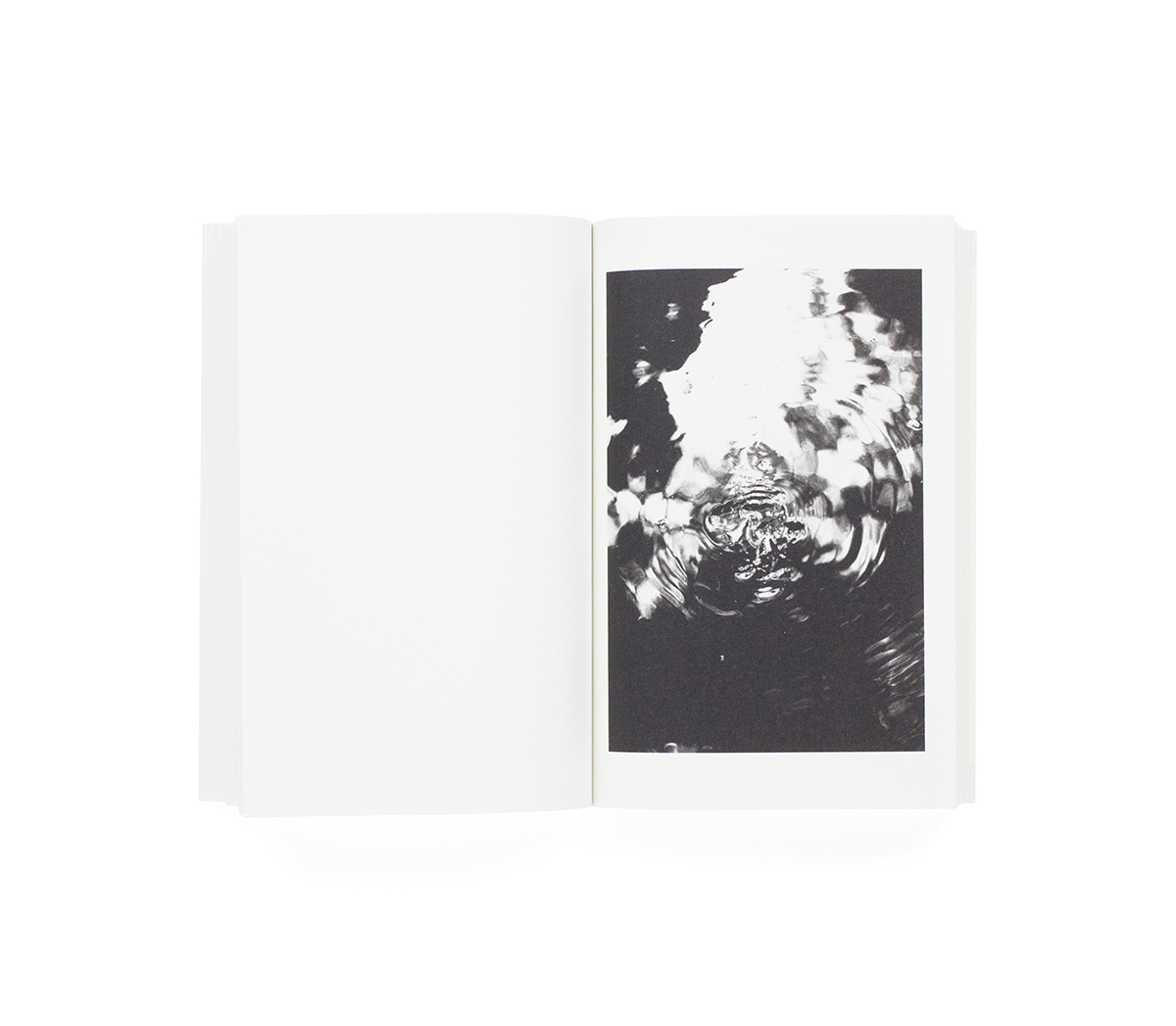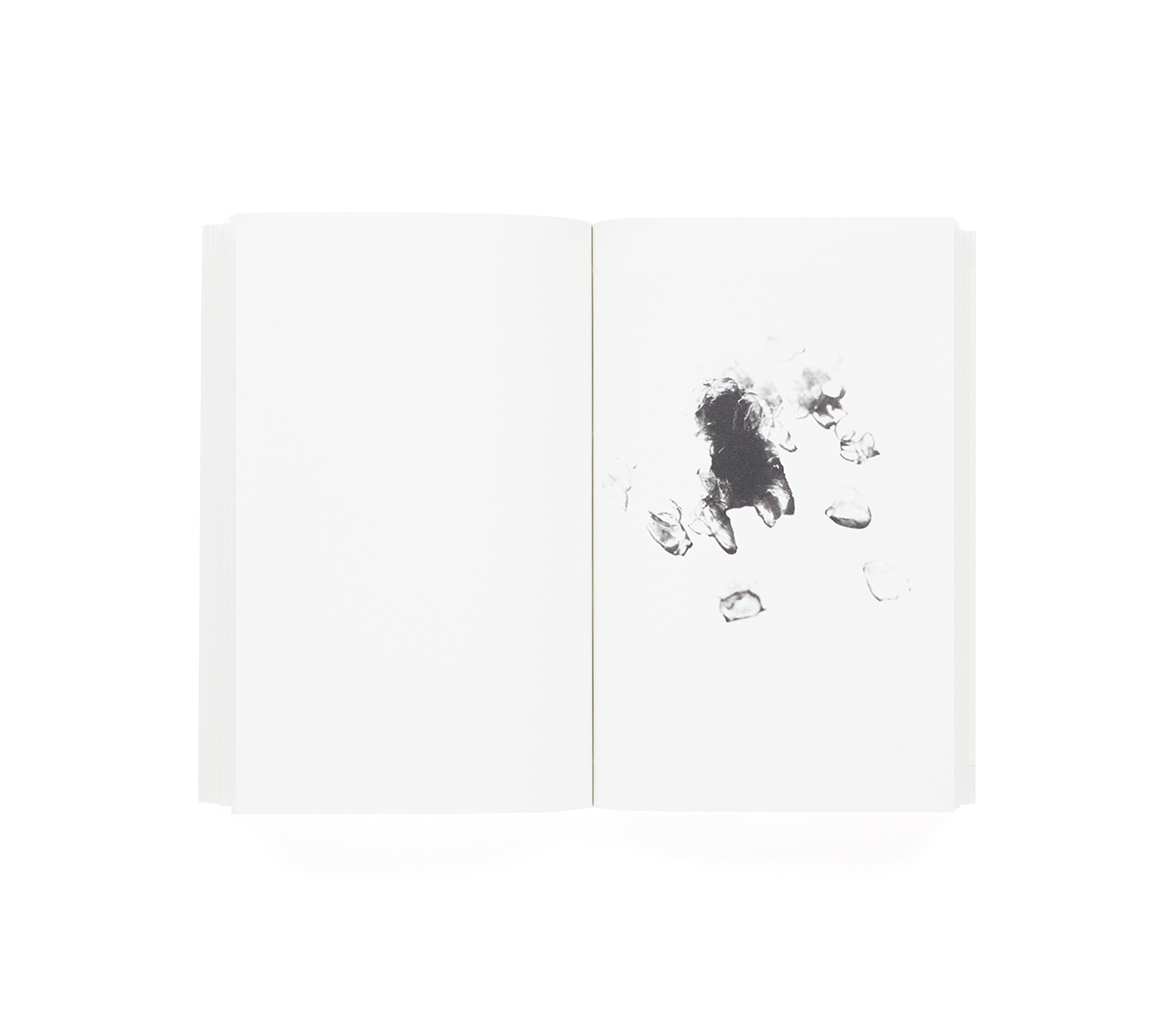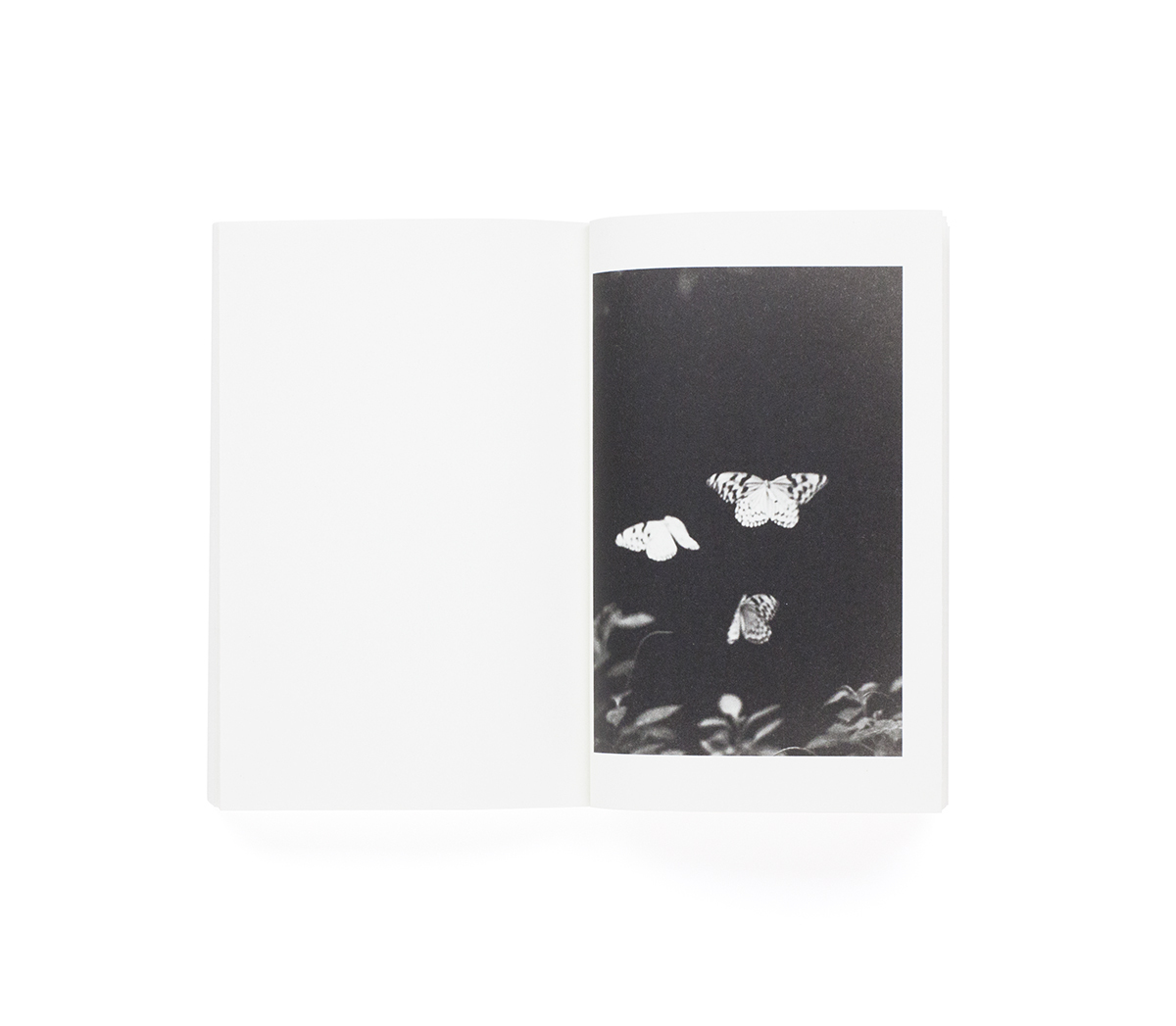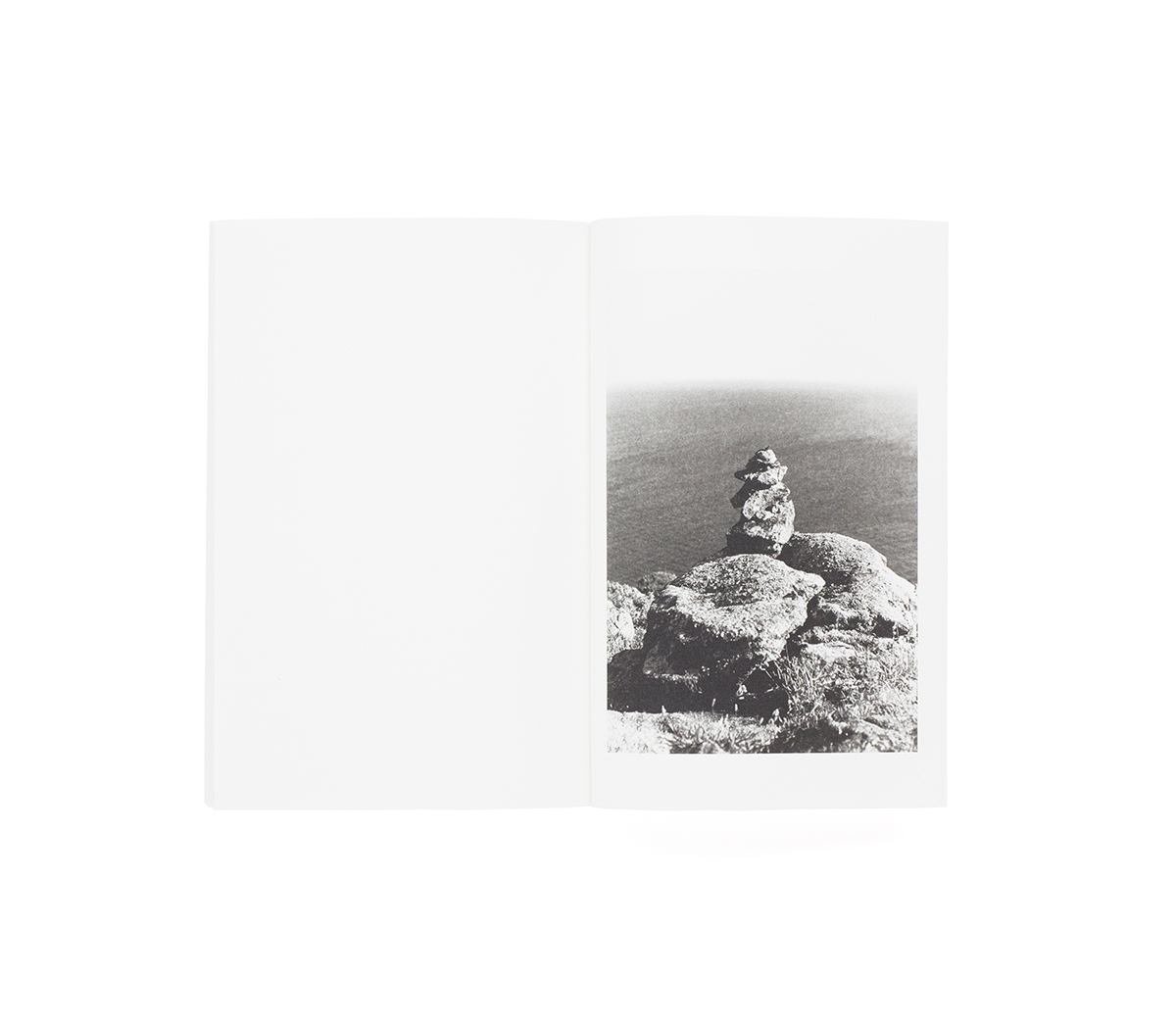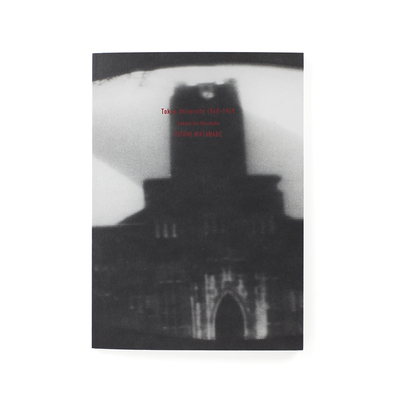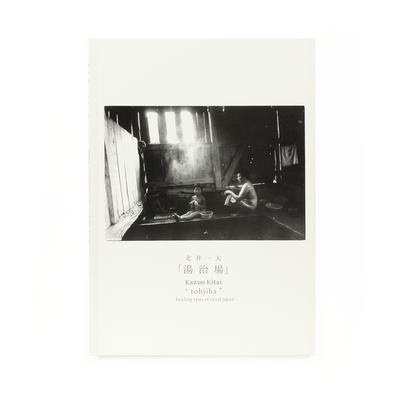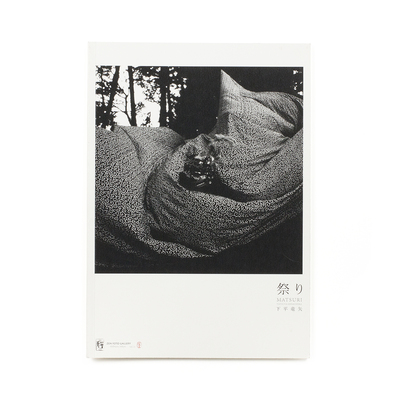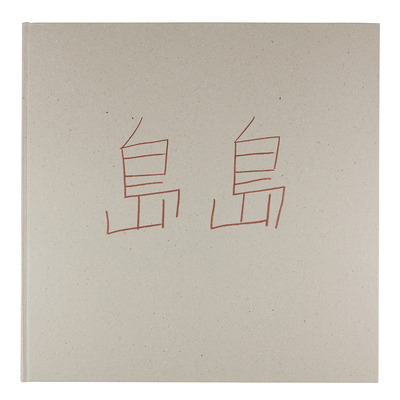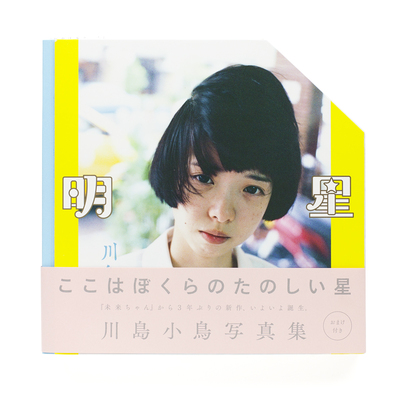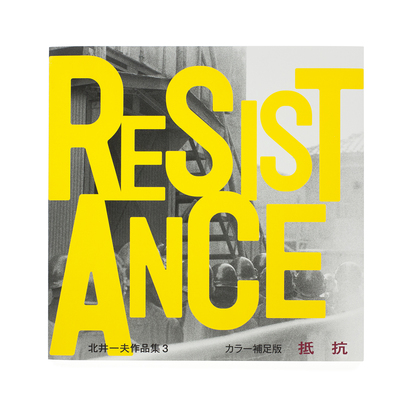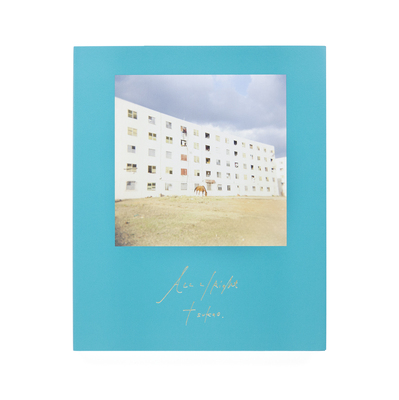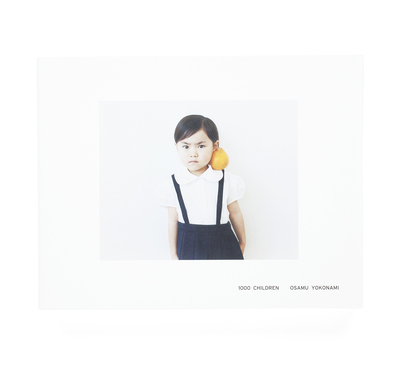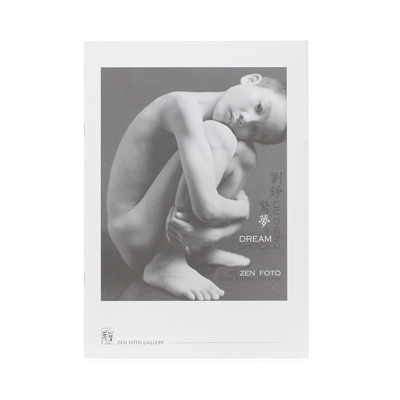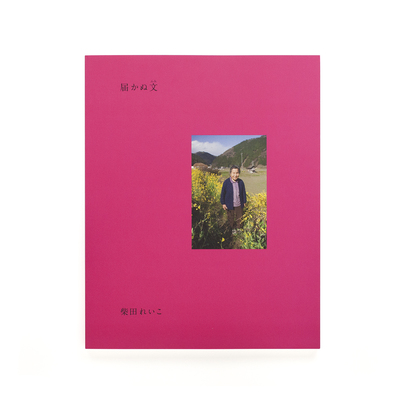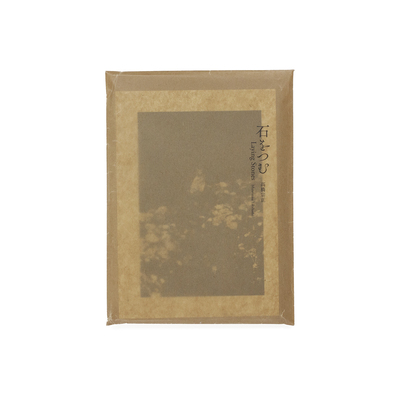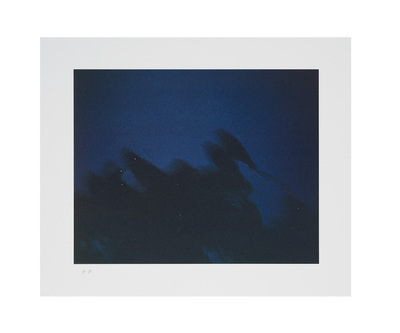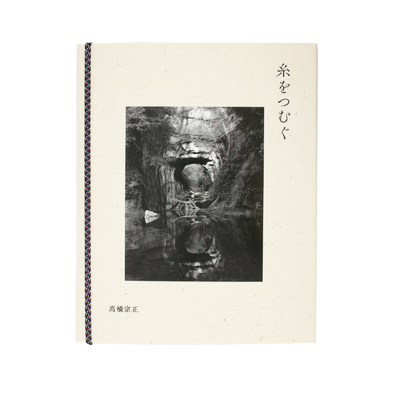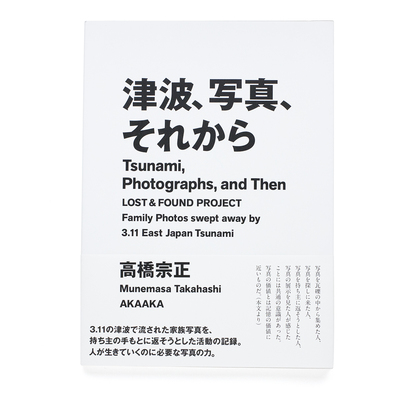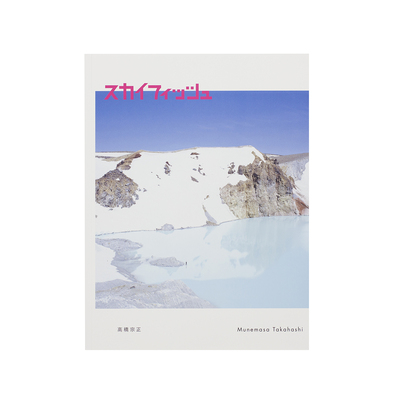Laying Stones
This book,Laying Stones,is dedicated to Munemasa Takahashi’s friend, Kazuto Hoshi.
As a photographer, Munemasa Takahashi has been pursuing his original expression with camera.
Just after his first photobookSkyfishwas published, the Great East Japan earthquake hit on March 11th, 2011. The official report confirmed over 15,000 deaths, and the damages and losses were unimaginable. Takahashi felt helpless, his camera and photography were utterly useless in front of such a disaster. A month after the earthquake and tsunami, he began to see many photos that were swept by the tsunami scattered on the ground. These photos are family photos which belonged to someone. He and his team started a project to clean the photos and return them to the original owners (families). While many of the photos were returned, there were those which were too heavily damaged to be returned and had to be thrown into a “Hopeless” box. He took these “Hopeless” photos and turned them into a traveling exhibition“Lost & Found Project”which aimed to raise funds for tsunami survivors. The exhibition has been traveling around the world.
However, in 2014, a good friend of Takahashi who was a core member of the project and also a survivor of the disaster suddenly passed away. It was a suicide. Since 2011, Takahashi had not really worked on his personal photography project, but this incident prompted him to started shooting again.
There is a folk legend in Japan that says a child who dies before his/her parent is punished by having to lay stones after stones on the riverbed in front of the gate to the heaven, only to be demolished by a demon. The parent who lost the child will help out the child by laying stones to alleviate the child’s suffering.
Takahashi bit farewell to his friend and promised him that he will be remembered in his photography. By laying stones, Takahashi wants to turn the death of his good friend into a hope.
Takahashi made this book as a letter to his loved friend.
-
Laying Stones
There is a folk belief in Japan that says that a child who dies before his/her parent is punished by having to lay stones after stones, on the riverbed in front of the gate to the heaven, only to be demolished by a demon. The parent who lost the child will help out the child by laying stones to alleviate the child’s suffering.
I was reminded of the story when I saw stacked stones in the cave in west side of Tokyo. The thought occurred to me because a little earlier, my friend took his own life. I had always thought of the idea of laying stones for the deceased to be bizarre, but I realized that there is absolutely nothing I can do for someone who left this world.
When we lose someone very dear to us we reach out for any sort of rituals in order to have a foreclosure and accept a loss. When a certain ritual is not enough, we need to find our own process to achieve the foreclosure.
Then I decided to lay stones myself, and went into the woods where my friend chose to end his life. The woods I reached before dawn was huge and I had no idea where to find the spot. I walked and walked as if I am going to meet him. I was thinking where would I pick if it were me. Nothing special happened. I did not perceive any change inside me.
Then I started to photograph my collection of “soon- to- be- photographed-pieces” and dispensed them piece by piece. Ever since I decided to lay stones, I started to take photographs of flowers, plants, the light and the body, those subjects that will face the end and regenerate in a different form. Then came the cherry blossom season.
I also began to wonder, if this will ever come to an end, will the time come when I feel a closure.
It was then that I had an opportunity to go to Spain and visited a place a friend I met there told me about called “The End of the World.” The day was beautiful, the sun light sparkled against the ocean, and the destination of a pilgrimage felt more like the site of beginning rather than the end.
And there it was, the laying stones.
It seemed like the exact same human activity of “layering stones” held completely different meanings in two locations distant apart. One had a dark background, while the other, a bright background.
I realized then that there are only two things we can do for the loved ones who left us. One is to bid farewell, and the other is to never forget. The truth of the matter is, we cannot see them or speak to them anymore. So instead of giving a sad meaning to the action of laying stones, I believe it is important to pray that they departed to that somewhere where there is light.
This piece is dedicated to my dear friend, Kazuto Hoshi.
-Munemasa Takahashi
$33.37
Out of Stock
- Book Size
- 150 × 210 mm
- Pages
- 80 pages
- Binding
- Soft-cover / envelope
- Publication Date
- 2015
- Limited Edition
- 700 copies with numbering
